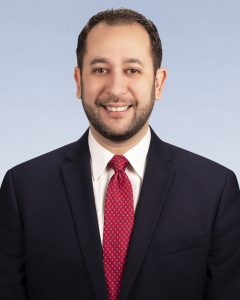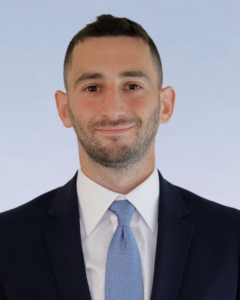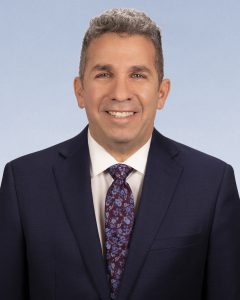Large Firm Service. Small Firm Attention.

SHARE
A Nutshell on Special Education Law
Published January 10, 2017
By Arshi Pal
Do you know the basics of special education law in New York? All parents should have an understanding in case you begin to suspect that your child has a disability—whether a learning disability, an emotional disability or a health impairment, that affects learning.
Special Education law represents a complex set of rules that govern how students are identified and how a student with a disability will receive a public education. The Individuals with Disabilities Education Improvement Act (“IDEA” or “IDEIA”) provides the bedrock principles for serving students with disabilities. In essence, the IDEIA aims to ensure that every student with a disability receive a Free Appropriate Public Education (FAPE). The IDEIA places a two-step obligation on school districts: 1) to find such students; and 2) to provide them with special education services.
The Child Find Mandate
The Child Find mandate in the IDEIA creates a duty upon every school district to identify, locate and evaluate all children (up to the age of 21) with disabilities, regardless of the severity of their disabilities. Under the mandate, if school districts have reason to suspect a disability, the district must conduct evaluations on the student, with no cost to the parents. For example, some students with disabilities receive decent grades and have high cognitive abilities but have a disability, such as an emotional disability, that impacts educational performance.
For any proposed evaluation, the school district must obtain consent from the parents to evaluate the student. The District must hold an eligibility meeting within 60 days from the date that the parents give consent. The parents may disagree with the results of an evaluation. In such situation, subject to District policy and set rules, the parents may obtain an independent educational evaluation (IEE). They may seek reimbursement for the IEE from the school district.

FAPE
Once the IEP team, called the Committee on Special Education (“CSE”) in New York, determines that the student requires special education services, the school district must provide the student with a FAPE, which means special education and related services that are “designed to meet their unique needs and prepare them for further education, employment and independent living …” (20 U.S.C. 1400(d). Providing a student with a FAPE means that the IEP must be reasonably calculated to provide educational benefits. The U.S. Supreme Court is deciding a case in June that may require an IEP to provide “meaningful” educational benefits.
CSE Meeting
In New York, Regulations of the Commissioner of Education Section 200.3 set forth the guidelines of who shall be a part of the CSE:
- The parents of the student;
- At least one regular education teacher of the student when the student is in a regular education environment;
- At least one special education teacher of the student, or, one special education provider of the student;
- A school psychologist;
- A representative of the school district who is qualified to provide or supervise special education;
- An individual who can interpret the instructional implications of evaluation results.
- A school physician, if specifically requested in writing by the parent of the student or by a member of the school at least 72 hours prior to the meeting;
- An additional parent member of a student with a disability residing in the school district or a neighboring school district, if specifically requested in writing by the parent of the student, the student or by a member of the committee at least 72 hours prior to the meeting;
- Other persons having knowledge or special expertise regarding the student;
- If appropriate, the student.
School districts must ensure that the parents have meaningful opportunities to participate in the education of their children at school and at home. Thus, the parents must receive notice of the IEP meeting. This notice should include the purpose, time, and location of the meeting. The notice should also inform the parents that they may invite people to the meeting who have knowledge or special expertise about the child.
During the meeting, the members of the CSE will draft an IEP for the student. They will review the various evaluations conducted on the student and consider the classification. The IEP will state the student’s current levels of functioning. The members will draft annual goals for the student. The goals should be SMART goals, meaning that goals are Specific, Measurable, Achievable, Realistic/Relevant and Time limited. These goals will help to determine whether the student is making meaningful progress. The IEP will also provide a placement for the student and related services that will help the student make progress toward the goals.
Before the District can implement an IEP, the district must send the parents prior written notice and the parents must consent to the specific services and placement in the IEP. If the parents disagree with the IEP meeting, they should document these disagreements in writing. Parents may ask the school district to engage in dispute resolution procedures or they may request an Impartial Hearing.
The IEP process can be fraught with difficulty and emotion, as school districts and parents have different views and perspectives on what constitutes appropriate progress for a student. If you have questions, a special education advocate or attorney can help.
Learn more about our special education advocacy or special needs planning services.
Was this article of interest to you? If so, please LIKE our Facebook Page by clicking here or sign up for our monthly newsletter.
Categories
Recent Posts
Explore In-Depth

Corporate & Securities

Elder Law & Estate Planning

Special Needs Planning

Special Education Advocacy


















